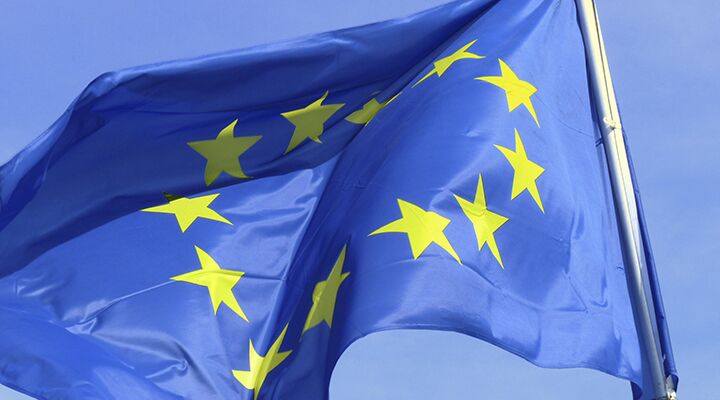
Report: Russia, and the Imperialist Beam in Europe’s Eye
Before Europe goes criticizing Russia for working to build a “sphere of influence” around itself, the Europeans should take a look at their own stated goals and policies. That is the assessment of a January 28 brief by Courcy’s Intelligence called “Russia, and the Beam in Europe’s Eye.”
“One of the constantly repeated refrains of European Union foreign policy,” the intelligence brief says, “is that the time of ‘spheres of influence’ is past and that the attempt by Russia to enforce one around its periphery is illegitimate.” But Courcy’s points out the hypocrisy of Europe’s criticism, saying that in recent times, “key EU policymaking bodies have themselves talked about the need to develop and defend an extensive EU sphere of influence.”
One of the most recent instances of Europe decrying Russia’s behavior came on January 20, when the European Council of Foreign Relations said: “Russia wants to think of itself as a great power, and its definition of a great power includes having a ‘sphere of influence’ around its border …. Understandably, the EU cannot enter a dialogue on these terms. Thus, the disagreement between the West and Moscow is a fundamental one.”
This criticism, Courcy’s says, is hypocritical on Europe’s part:
The European Union’s self-perception (and the external image it seeks to project) is that it is an entirely benign new form of power that eschews the old ways of great-power politics. But is Russia entirely mistaken in doubting this? The European Institute for Security Studies (euiss) describes itself as “the union’s agency dealing with the analysis of foreign, security and defense issues.” In early 2013, it produced a major report entitled: Enabling the Future—European Military Capabilities 2013-2025, in which it argued openly for two things: first, for the recognition of extensive “zones of EU privileged influence” and, second, for developing and maintaining “capable and well-functioning armed forces” to improve the EU member states’ “ability to temporarily project and even permanently extend their armed forces” into these regions.
The euiss defines these “zones of EU privileged influence” in exceptionally broad terms, as including “the eastern and southern neighborhoods; the ‘neighbors of the neighbors’ (from Mali to Somalia, from the Gulf to Central Asia), and the critical sea lanes in the ‘Indo-Pacific’ (from Suez to Shanghai) and the ‘wider north’ (around and across the Arctic).”
The Courcy’s brief concludes:
This is an ambitious document which foresees the development, within a relatively short period of time, of the European Union into a major power with an extensive sphere of influence and commensurate military capabilities, and with the willingness to defend the one with the other.
This may indeed be a rational development for the European Union, but it is not clear why European leaders should expect the Kremlin to accept that the development of spheres of influence, and planning for their defense by military force, is acceptable for the European Union but not for Russia.
The title of the Courcy piece alludes to a statement from Jesus Christ’s “Sermon on the Mount,” as recorded in Matthew 7: “And why beholdest thou the mote [speck] that is in thy brother’s eye, but considerest not the beam that is in thine own eye? Or how wilt thou say to thy brother, Let me pull out the mote out of thine eye; and, behold, a beam is in thine own eye? Thou hypocrite, first cast out the beam out of thine own eye; and then shalt thou see clearly to cast out the mote out of thy brother’s eye” (verses 3-5).
In light of the euiss’s major report, alongside Europe’s self-serving actions in the breakup of Yugoslavia and other recent European moves, it indeed seems that the “eye” of Europe is encumbered by an expansionistic and imperialistic beam. To understand how and why Europe’s hypocrisy can work to Russia’s advantage, read Trumpet editor in chief Gerald Flurry’s article “Putin Remembers Yugoslavia.”
